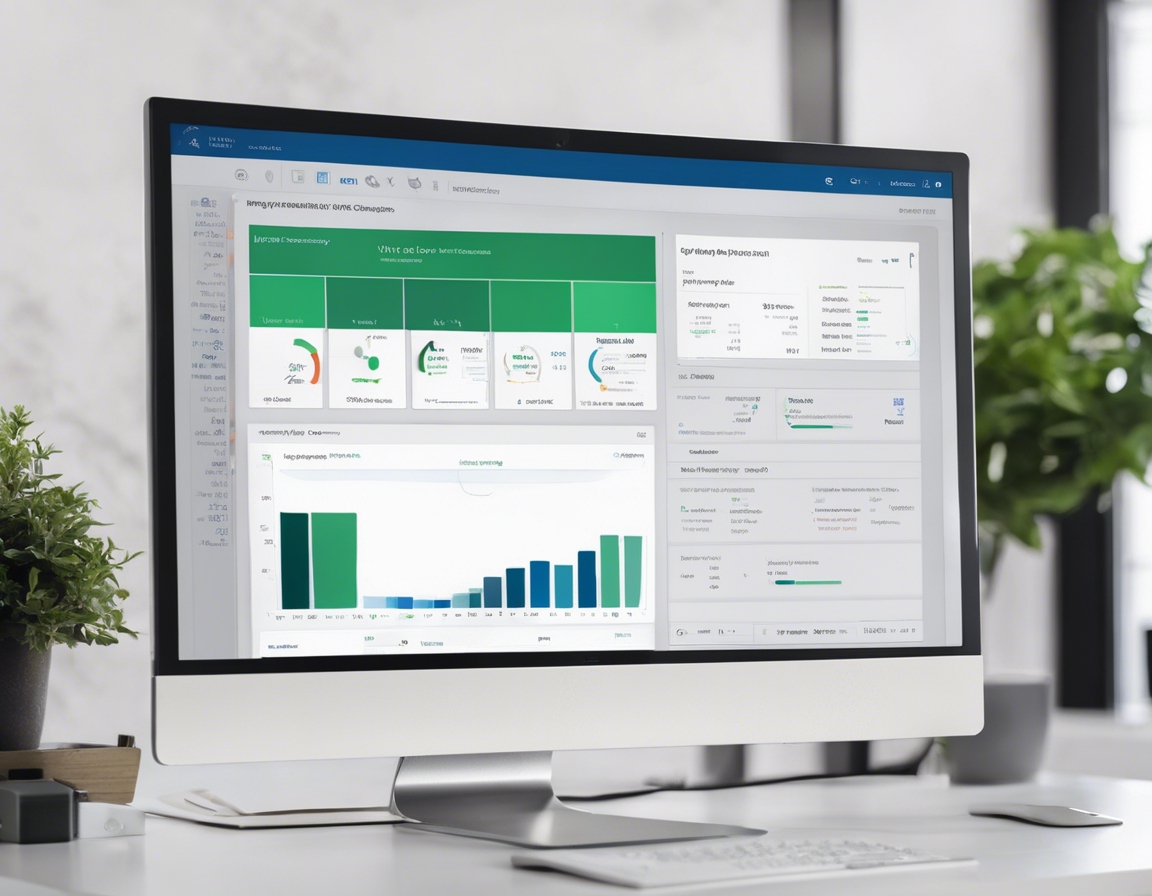The entrepreneur's roadmap to strategic business accounting
For entrepreneurs steering their ventures through the ever-evolving business landscape, mastering strategic business accounting is not just about keeping the books in order; it's about charting a course for sustainable growth and success. In this comprehensive guide, we'll navigate the intricacies of accounting that go beyond mere compliance, focusing on strategies that will help your business thrive.
Understanding the Financial Landscape
Financial literacy is the cornerstone of any successful business. It empowers entrepreneurs to make informed decisions, understand the health of their business, and communicate effectively with stakeholders.
Understanding the balance sheet, income statement, and cash flow statement is crucial. These documents provide insights into your business's financial status and are essential for strategic planning.
Setting Up Your Accounting System
Selecting the appropriate accounting software is pivotal for efficiency and accuracy. It should align with your business needs and scale as you grow.
Accurate bookkeeping is the foundation of strategic accounting. It involves organizing financial transactions systematically and is vital for real-time financial insight.
Managing Cash Flow for Business Growth
Forecasting cash flow helps anticipate future financial needs, enabling proactive management of resources and avoiding liquidity crises.
Improving cash flow can be achieved through measures such as optimizing billing processes, managing inventory efficiently, and negotiating better payment terms.
Cost Management and Reduction
Regularly reviewing expenses and identifying areas where costs can be reduced without compromising quality is essential for maintaining profitability.
Investing in technology can streamline operations and reduce costs in the long run, from automating processes to utilizing cloud-based services.
Tax Planning and Compliance
Staying abreast of tax laws and understanding your obligations is critical to avoid penalties and optimize tax positions.
Strategic tax planning involves structuring transactions and operations in a way that legally minimizes tax liabilities.
Financial Analysis and Reporting
Identifying and monitoring KPIs helps track progress, identify trends, and make data-driven decisions.
Conducting regular financial reviews ensures that your business stays on track and any issues are addressed promptly.
Strategic Planning and Decision Making
Integrating accounting insights into business strategy allows for a holistic approach to decision-making and long-term planning.
Scenario planning and assessing potential risks prepare your business for uncertainties and enable agile responses to market changes.
Partnering with the Right Accounting Firm
A strategic accounting partner goes beyond traditional accounting roles to provide insights and guidance that align with your business goals.
At CORDEIRO OÜ, we understand the unique challenges faced by small to medium-sized enterprises, start-ups, and non-profit organizations. Our personalized approach to accounting ensures that your financial strategy is tailored to your specific needs, fostering growth and compliance.
Conclusion
Strategic business accounting is a dynamic and integral part of any successful enterprise. By embracing these principles and partnering with a firm like CORDEIRO OÜ, entrepreneurs can ensure their financial foundation is solid, allowing them to focus on what they do best—growing their business.






Comments (0)